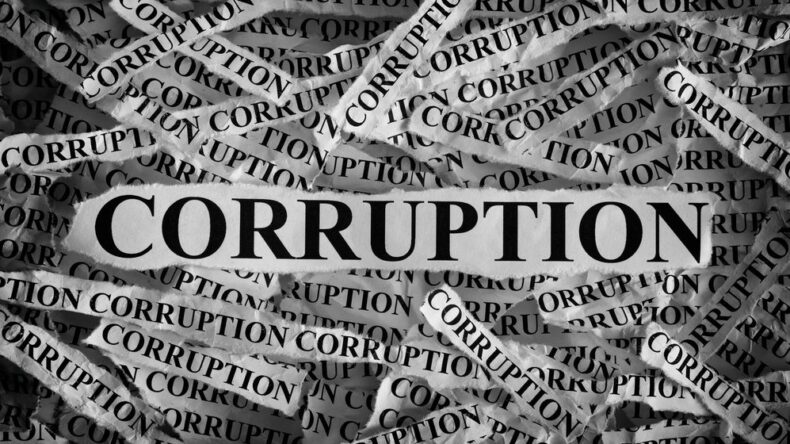Concerns about corruption within China’s nuclear leadership have put a shadow over the country’s ambitious nuclear energy program in recent years. As China attempts to maintain its position as a global leader in nuclear technology, claims of anomalies, bribery, and abuse of authority have arisen, raising concerns about the country’s nuclear sector’s integrity.
Source – OpIndia
Bribery Scandals Rock the Foundation
One of the most notable corruption scandals includes senior officials reportedly accepting payments from corporate groups competing for lucrative nuclear contracts. These charges have exposed the weakness of decision-making procedures, potentially jeopardizing safety standards and damaging the country’s nuclear ambitions.
The Tianjin Case and Its Aftermath
The Tianjin bribery case, which came to light last year, involved several high-ranking nuclear officials in a web of deception and illegal money transactions. According to investigations, these officials accepted large payments from firms seeking preferential treatment and lucrative contracts for nuclear projects. The impact from this affair revealed a deeply ingrained culture of corruption in China’s nuclear leadership.
Safety Compromised for Personal Gain
Aside from financial wrongdoing, investigations indicate that certain nuclear authorities were willing to sacrifice safety measures for personal benefit. Whistleblowers have come forward with allegations of inadequate safety measures, alleging that certain nuclear sites have been running without proper inspections and maintenance, implying possible tragedies.
China’s Veil of Secrecy and Censorship
The Chinese government’s response to these claims of corruption has been marked by secrecy and censorship. Attempts to control the narrative and suppress media coverage have prompted questions about openness and accountability. Critics claim that until open and impartial investigations are conducted, the full amount of corruption among the nuclear leadership will stay hidden, threatening both the industry and the public.
Independent journalists covering these corruption cases have been threatened, harassed, and even arrested. Because of the government’s tight control over information flow, there is a lack of clarity and knowledge about the current investigations, leaving the public in the dark about the threats linked with compromised nuclear leadership.
Mistrust and International Consequences
International distrust and worry have been reinforced by China’s nuclear sector’s lack of transparency. Concerns about corruption cast doubt on China’s adherence to international safety standards and regulations as it seeks partnerships and collaborations in the global nuclear business.
Demanding Accountability and Reform
With mounting worries about corruption in China’s nuclear leadership, calls for accountability and reform have become more pressing.
Grassroots Movements and Civil Society – Civil society organizations and grassroots movements have developed, demanding that the corruption charges be thoroughly and impartially investigated. To protect the integrity of China’s nuclear undertakings, these voices underline the need for a transparent and independent oversight structure.
Fostering an Ethical Leadership Culture – To effectively tackle corruption, experts advocate for the implementation of comprehensive anti-corruption training programs for nuclear authorities. Fostering a culture of ethical leadership and accountability could help prevent future incidents of bribery and misbehavior, ensuring China’s nuclear energy objectives are safe and successful.
Strengthening International Collaboration and Oversight
Recognizing the worldwide consequences of its nuclear program, China may take a proactive attitude by allowing international specialists to audit and inspect the program. Collaborative efforts to establish an external oversight board comprised of representatives from respectable international organizations would aid in the restoration of trust and ensure that China’s nuclear sector works with the utmost integrity and safety.
As China wants to lead the world in nuclear technology, dealing with corruption within its nuclear leadership is critical. The country’s capacity to maintain the greatest standards of integrity and transparency will decide not just the success of its nuclear ambitions, but also the well-being of its residents and the worldwide community at large.













